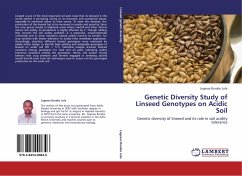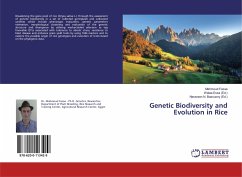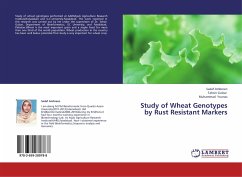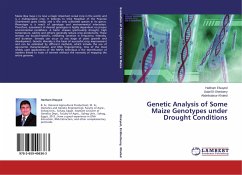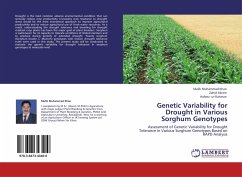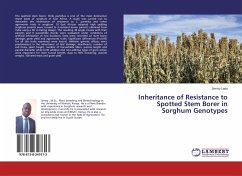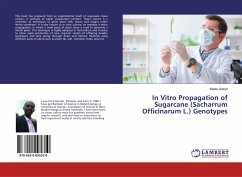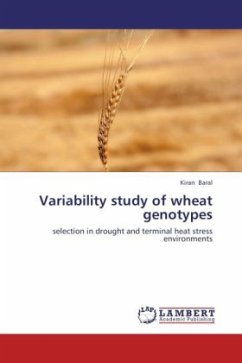Linseed is one of the most important oil seed crops that its demand in the world market is increasing owing to its economic and nutritional values, especially its medicinal values to treat cancer. To meet this demand, the production of the linseed has to be increased in quality and quantity. Since the crop grows mostly in highland areas where rainfall and other factors induce soil acidity, its production is highly affected by it. Though adding lime corrects the soil acidity problem, it is expensive, environmentally unfriendly and in some situations subsoil acidity restricts its benefit. So, crop varieties with better tolerance to acidity have immediate application. Accordingly, sixty-four different linseed genotypes were evaluated by simple lattice design to identify high yielding and adaptable genotypes of linseed on acidic soil (PH = 5.1). Statistical analysis showed marked variations among genotypes for seed and oil yield, indicating acidity tolerance variations among the genotypes. Hence, the author strong believes that crop breeders and farmers engaged in breeding activity would benefit most from the techniques used to screen out the genotypes productive on the acidic soil.
Bitte wählen Sie Ihr Anliegen aus.
Rechnungen
Retourenschein anfordern
Bestellstatus
Storno

